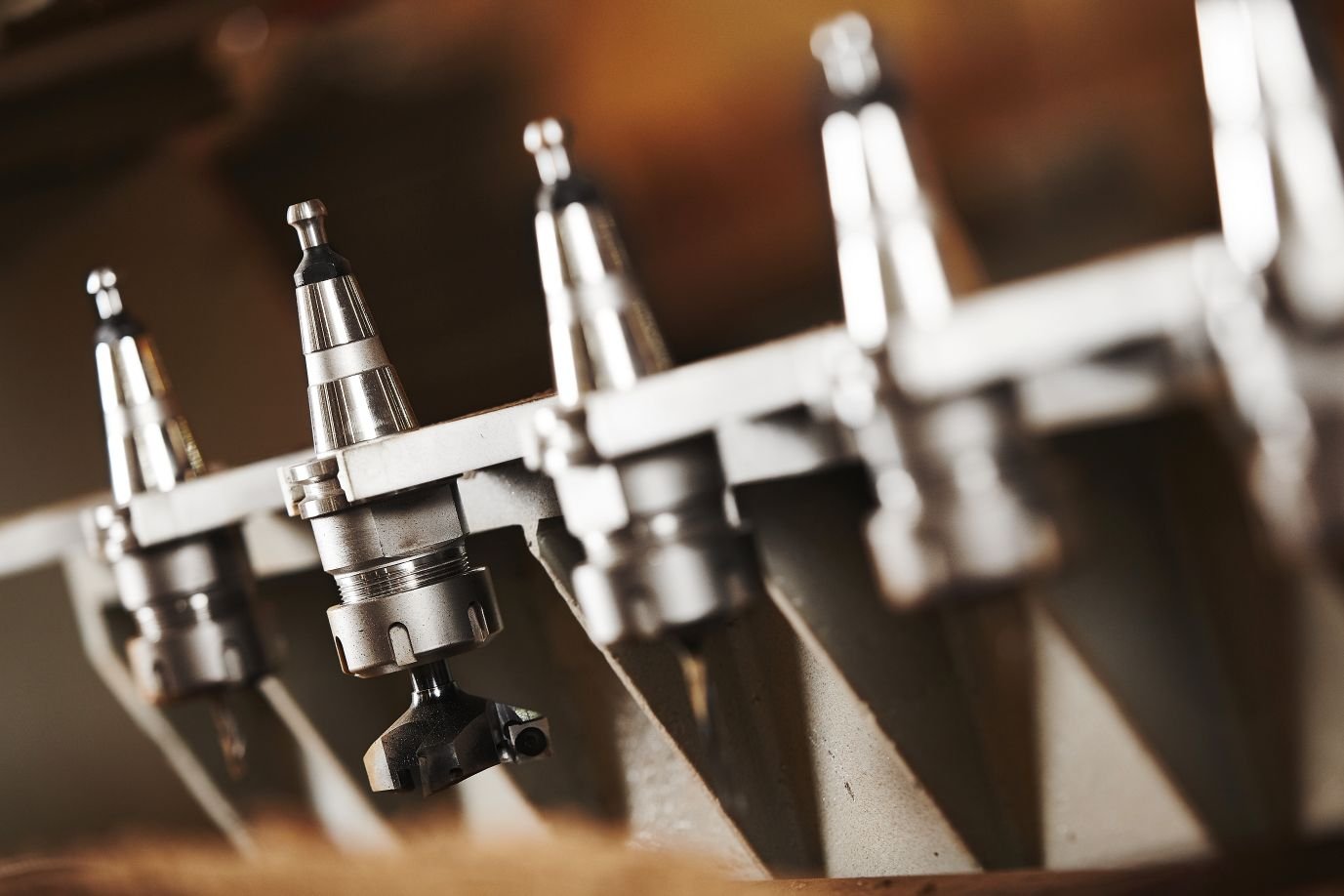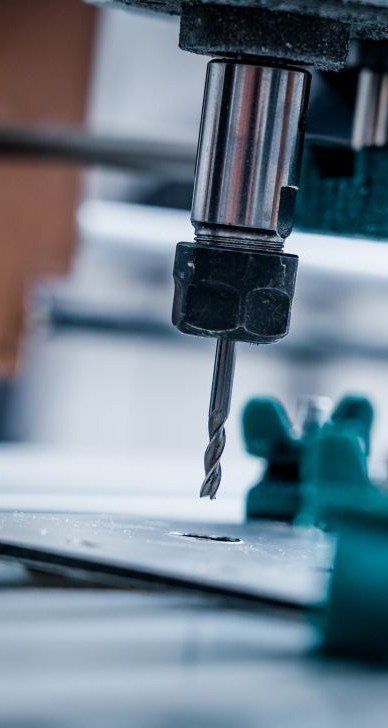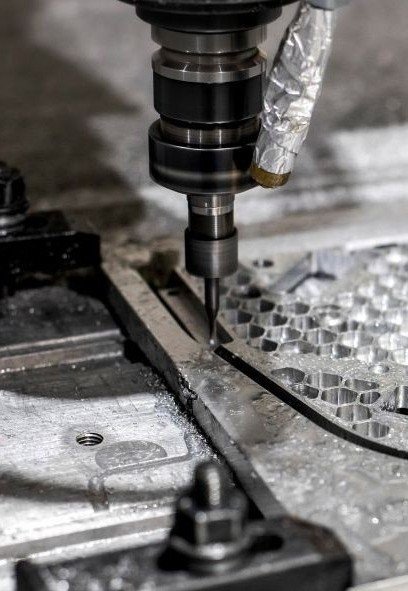Milling of Aluminum Plates
Precision and Versatility in Sheet Metal Fabrication
The milling of aluminum plates is a crucial process in modern sheet metal fabrication that allows the production of complex and precise components for a wide range of applications. Aluminum is a preferred material in many industries—such as automotive, aerospace, electronics, and mechanical engineering—due to its excellent properties, including lightweight, corrosion resistance, and good machinability. On this page, you will learn more about our services in aluminum plate milling, the techniques we apply, and the advantages we offer.

What is Aluminum Plate Milling?
Milling is a cutting process in which material is removed from a workpiece surface to create a specific shape, structure, or finish. During the milling of aluminum plates, a rotating cutting tool, known as a milling cutter, is used to precisely shape contours, recesses, holes, and other features on the aluminum plate. This process enables the creation of complex geometries and tight tolerances that would be difficult to achieve with other machining methods.
Aluminum machining requires specialized knowledge and equipment due to the material’s properties—such as high thermal conductivity and a tendency to form built-up edges. By using modern CNC (Computer Numerical Control) milling machines, we overcome these challenges and ensure high precision and repeatability.
Techniques and Machines for Aluminum Plate Milling
The quality and efficiency of aluminum plate milling depend largely on the machines and tools used. We use state-of-the-art CNC (Computer Numerical Control) milling machines that allow for highly precise and automated machining. These machines are capable of controlling complex milling paths and offer high repeatability, which is especially important for series production.
Our CNC milling machines are equipped with specialized milling tools optimized for aluminum machining. These tools feature specific cutting geometries and coatings that minimize wear and ensure high surface quality. Additionally, we employ advanced clamping techniques that securely and vibration-free hold the workpiece, ensuring precise machining.
Quality Control and Finishing
Quality is our top priority. Therefore, we accompany every step of the milling process with comprehensive quality controls. Our experienced technicians inspect the dimensions, tolerances, and surface quality of the milled aluminum parts to ensure they meet the highest standards.
After milling, we also offer finishing services to further refine the surface of the aluminum plates. This can include polishing, anodizing, or coating, depending on the application requirements. This ensures that the final parts are not only functional but also visually appealing.
Conclusion
Aluminum plate milling is an indispensable process in modern sheet metal fabrication that allows for the production of precise and complex components for a wide range of applications. With state-of-the-art CNC machines, specialized tools, and an experienced team, we offer comprehensive solutions tailored to your needs. Whether in the automotive industry, aerospace, electronics, or medical technology, aluminum plate milling provides the perfect combination of precision, versatility, and efficiency. Trust our expertise and let us successfully bring your projects to life together.

